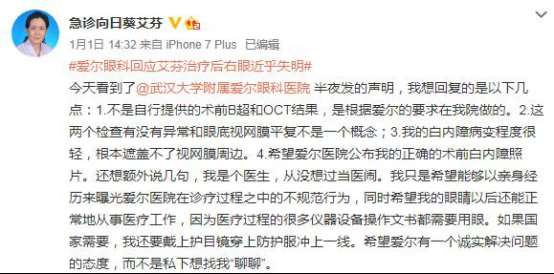The Spanish author Marina Perezagua delivers a novel about organ trafficking, sins that must be redeemed, acts of love that seek to purge guilt and revenge that try to restore harmony. A story about two families and two continents, about the essence of the human being and destiny.
The organs of a man are trafficked and his heart ends up lodged in the chest of an American. According to tradition, if the heart is not buried with the dead, they will never rest in peace, so the heirs of the deceased must bring the organ back to China …
By Ricardo Martínez Llorca
Mexico City, January 2 (Culturamas) .- In the narrative of Marina Perezagua (Seville, 1978) there is an awareness of knowing that he is capable of overcoming the literary pitfalls that arise, which are quite a few and are usually very serious. Among the books of short stories, the powerful novel Yoro and this Six ways to die in Texas, Marina had to take a necessary break through a tribute to the great classic, which was also a caustic vision of contemporary society, in Don Quixote in Manhattan.
Surely it is not always convenient to be immersed in a project from which one is leaving, on a daily basis, with the soul in a rag by wearing it out in an exercise of hard and risky empathy. Because Perezagua imagines himself in a complex situation, on the edge, within the skin of a mutilated, desperate character and without the possibility of moving his legs to run away, who is faced with a conflict of frightening difficulty.
And he is going to solve it knowing that he has to put all his good literary, structural, pulse, narrative and prose resources at the service of that shudder. Achieving it over almost three hundred pages is something that is only available to someone who, without a doubt, is one of the best living writers of our language.

We know that there will be a good story, a breathtaking dilemma: a sixteen-year-old blind girl murders her mother; her father regains his relationship with her while on death row, and makes the terrible proposal to give her his heart at the time of the death penalty. The girl’s response could not be less accommodating, because in return she needs his corneas to regain her sight, when everything she is going to see in the years she will spend in prison is watered by fluorescent lights and limited by white walls.
From the beginning, the narrator tells us of the brutal imagination that we will have to set in motion to follow the story or, to be more exact, the conflict. Perezagua recovers the essence of the literary classics in that sense, puts the conflict back before the plot, and enters the body of the character using epistolary literature. The girl has grown and has been culturally formed, until reaching a surprising expressive capacity and endowing herself with an erudition, and a series of more or less scientific anecdotes, which work by fitting into the central story in a thunderous way.

Through the letters that the protagonist sends to her father, and some to a kind of lover of Chinese origin (it will not be known how he is linked until the end, with a touch of metempsycotic hopelessness), we experience how at times life happens like a profession, and in others we limit ourselves to the search for a more or less tender, more or less secure meaning. The important thing, as in the central character of Yoro, it is once again the creation of a new life and again the bodies are the ones that generate the limits. The first prison we face, or that we can live as such, is an accumulation of skin, bones, flesh and blood, which is not without imperfections.
With this approach, we witness the torture of waiting and we relate to it: awaiting one’s own sacrifice, from the most human essence of bonhomie, or in its simplest form, what is known as generosity. To make trance louder, the book tells us about aberrations committed by organ trafficking, which even include live extractions. The latter is practiced in the China portrayed, at the mercy of hatred for a defenseless group and thanks to the fact that greed has taken over the last human resource left on the planet, our bodies, which in Perezagua’s literature are our souls.

With these wickers and intentions, to which the author responds with a commendable work and a talent for writing that reveals so many contemporary writers, Perezagua once again builds a novel that leads us to ask ourselves the essential question: it does not matter from where we come from or who we are, but we should think about where we are going. Because on this trip we are not alone, because we are accompanied by other bodies, other sensibilities, other feelings.
– .


